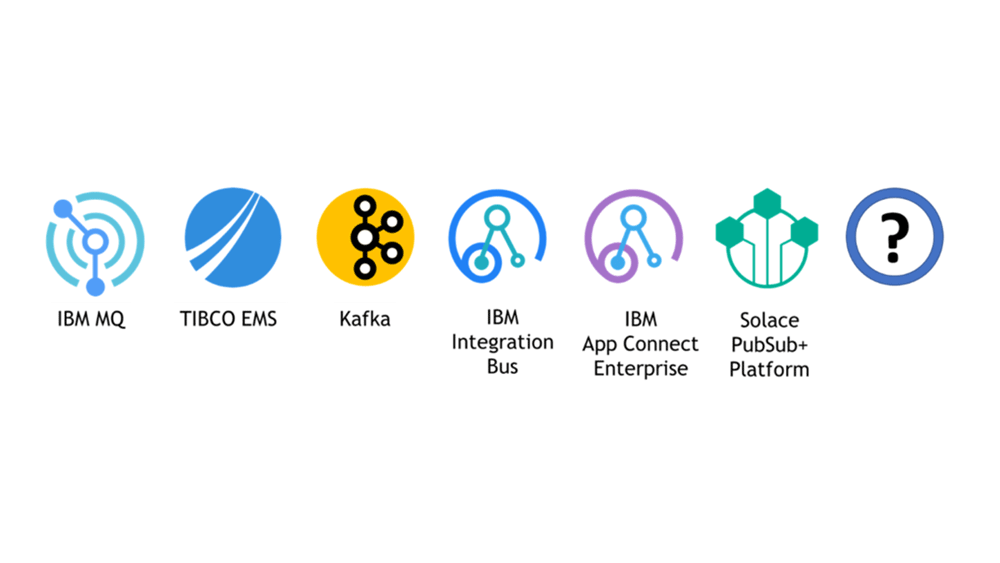1. Overview
In this article, we will learn the differences between RabbitMQ Topic vs Direct exchange. To learn more about other RabbitMQ topics, refer to these articles.
2.

You will have seen the Nastel Messaging Middleware Performance Benchmark Report comparing the performance of the commonly used messaging middleware platforms - IBM MQ, RabbitMQ, Apache Kafka, ActiveMQ Classic, ActiveMQ Artemis, TIBCO EMS, and Apache Pulsar.

Apache ActiveMQ is a free and open-source message broker developed by Apache Software Foundation. It is one of the well-known message brokers that supports multiple protocols such as AMQP, MQTT, Stomp, and OpenWire. It is written in Java and fully compliant with JMS 1.1 standards.


In order to answer the question of why a business needs middleware management, it is necessary to define what middleware is (what is middleware). It is generally accepted that middleware is software that sits between existing systems and processes and helps to smooth integration and interaction between them.

Apache Kafka is a very popular open-source distributed event streaming platform used by thousands of companies for high-performance data pipelines, streaming analytics, data integration, and mission-critical applications. Amazon MSK is a fully managed Kafka service that makes using Kafka even easier.

Nastel technical specialist, Terry House, has written a blog post here looking at the IBM MQ appliance and comparing it to the traditional software form of IBM MQ. He explores the additional security and cost benefits and also the additional monitoring and management requirements that are addressed by the Nastel Navigator X i2M platform.

Enterprises Relying on IBM MQ, Kafka, TIBCO EMS, Solace PubSub+, and Other i2 are Adopting Nastel Navigator for Integration Infrastructure Management (i2M)
Nastel Technologies today announced the immediate availability of Nastel Navigator 10.4, the world’s leading integration infrastructure administration and secure self-service configuration management solution.

IBM Cloud Pak for Integration (CP4I) is a platform that helps you quickly and easily integrate your hybrid cloud applications with the systems and applications that are important for running your business. It can help to collaborate between the different application teams and businesses that exist in your organization and ensure that they are working together at maximum efficiency.
